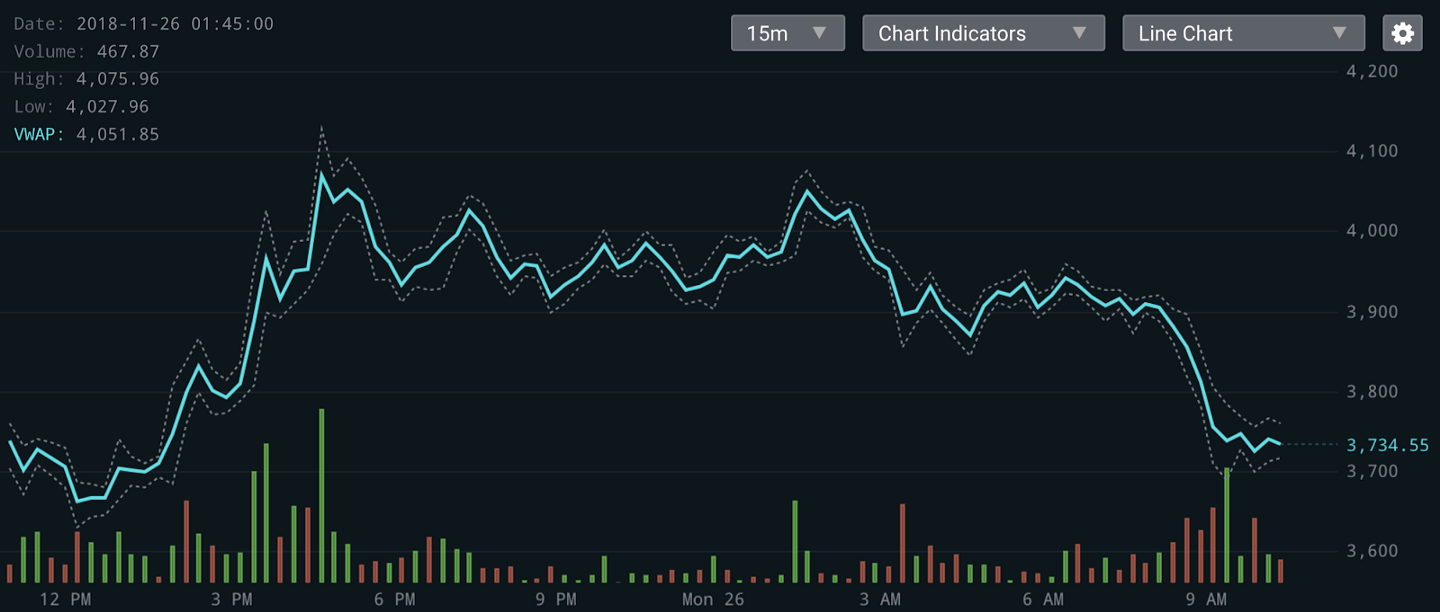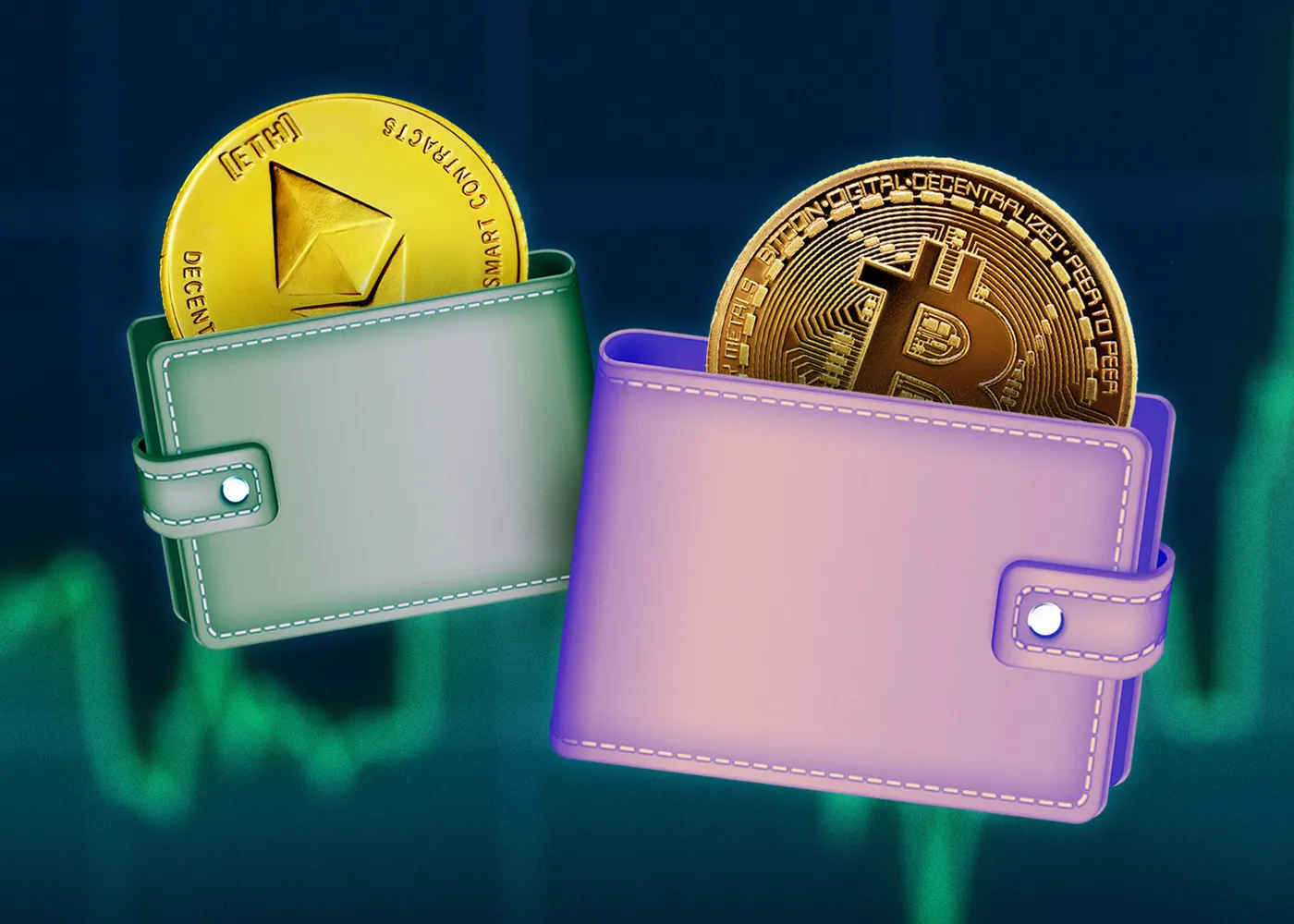cryptocurrency market
Cryptocurrency market
The live Ethereum price today is $3,231.25 USD with a 24-hour trading volume of $44,444,530,054 USD. We update our ETH to USD price in real-time. Ethereum is down 0.78% in the last 24 hours. https://iowasportsguys.com/nascar-pit-stop-texas-recap/ The current CoinMarketCap ranking is #2, with a live market cap of $389,117,843,692 USD. It has a circulating supply of 120,423,320 ETH coins and the max. supply is not available.
We berekenen onze waarderingen op basis van de totale voorraad van een activum die in omloop is en vermenigvuldigen dit met de referentieprijs van de valuta. Het onderwerp wordt hier uitgebreid uitgelegd.
Bitcoin has not been premined, meaning that no coins have been mined and/or distributed between the founders before it became available to the public. However, during the first few years of BTC’s existence, the competition between miners was relatively low, allowing the earliest network participants to accumulate significant amounts of coins via regular mining: Satoshi Nakamoto alone is believed to own over a million Bitcoin.
Welcome to CoinMarketCap.com! This site was founded in May 2013 by Brandon Chez to provide up-to-date cryptocurrency prices, charts and data about the emerging cryptocurrency markets. Since then, the world of blockchain and cryptocurrency has grown exponentially and we are very proud to have grown with it. We take our data very seriously and we do not change our data to fit any narrative: we stand for accurately, timely and unbiased information.

Cryptocurrency reddit
Step 2: Start small and easy. Passive investing in the ‘blue chip’ coins like BTC and ETH are good to go. This is also called DCA (dollar-cost averaging) and because of the volatility of crypto, you either average up or down. $50-100/month is a great start here! You can also diversify your portfolio in other investments like ETFs, bonds and the like. You can continue to allocate more once you have a higher earning power. Can be more, it is subjective to one’s life at the moment (I have house renovation payments coming up).
There are 4 types of wallets that you should be using. Ideally, you can pick the one that fits your crypto habits the most. You should avoid using Web wallets. As always, if you can, please pick the safest wallet type in order to minimize the risk of losing your cryptos.
Looking back I see how much money I lost out on from not holding onto my coins, and instead switching between coins. I was heavy in UNi when it was about $3. I sold around $4 but now it’s at $20. Same with Atom, ALGO, and XTZ. Sure I still made a good return, but I could have made an almost 1000% return if I would have just held it in any one of those (minus XTZ).
Paper wallet- a paper wallet is essentially a piece of paper including your public and private key, or a QR code (so that you can quickly scan them and add the keys to a software wallet to make a transaction). It’s a really safe way to store your cryptos because your keys are not connected to any servers. The only way someone can steal your cryptos is if they steal this paper.
Last piece of advice: always be cautious and double-check everything. Keep your devices malware-free, and don’t click on anything suspicious (such as emails from “Binnance”, crazy bonus links from “Coimbase”, etc.). If exchange supports anti phishing code (Binance, Kucoin and others do) be sure to check it!
Cryptocurrencies
On 17 February 2022, the Department of Justice named Eun Young Choi as the first director of a National Cryptocurrency Enforcement Team to help identify and deal with misuse of cryptocurrencies and other digital assets.
Investors Warren Buffett and George Soros have respectively characterized it as a “mirage” and a “bubble”; while business executives Jack Ma and JP Morgan Chase CEO Jamie Dimon have called it a “bubble” and a “fraud”, respectively, although Jamie Dimon later said he regretted dubbing bitcoin a fraud. BlackRock CEO Laurence D. Fink called bitcoin an “index of money laundering”.
A cryptocurrency is a digital or virtual currency secured by cryptography, which makes it nearly impossible to counterfeit or double-spend. Most cryptocurrencies exist on decentralized networks using blockchain technology—a distributed ledger enforced by a disparate network of computers.
Experts say that blockchain technology can serve multiple industries, supply chains, and processes such as online voting and crowdfunding. Financial institutions such as JPMorgan Chase & Co. (JPM) are using blockchain technology to lower transaction costs by streamlining payment processing.

On 17 February 2022, the Department of Justice named Eun Young Choi as the first director of a National Cryptocurrency Enforcement Team to help identify and deal with misuse of cryptocurrencies and other digital assets.
Investors Warren Buffett and George Soros have respectively characterized it as a “mirage” and a “bubble”; while business executives Jack Ma and JP Morgan Chase CEO Jamie Dimon have called it a “bubble” and a “fraud”, respectively, although Jamie Dimon later said he regretted dubbing bitcoin a fraud. BlackRock CEO Laurence D. Fink called bitcoin an “index of money laundering”.
China cryptocurrency
The world first moved to paper money from gold and silver more than 1,000 years ago during China’s Song Dynasty. The next revolution – from paper money to digital currency – could happen in China as well, realizing the nation’s critical goals but with complex implications for global trade and economic order.
As China prepares for the Fourth Industrial Revolution, built on unstoppable, unhackable application-driven blockchain platforms, its regulatory guidances hope to establish a formula whereby blockchain experts work with a critical mass of mature big data and technology companies, shepherding the integration of blockchain into key industries to future-proof China’s industrial development plan.
Altogether, there is strong evidence to suggest that the cryptocurrency prohibition was a response to the perennial problem of capital flight from China. Given that a huge amount of capital flight already occurred through cryptocurrency exchanges, the PBOC will have been aware that cryptocurrency was exacerbating China’s chronic issue of capital flight.
India also had a ban on crypto, but its Supreme Court removed it in 2020. Following this, a Cryptocurrency and Regulation of Official Digital Currency Bill has been scheduled to pass through parliament but faced delays. It would aim to enable the creation of an official digital currency by the Reserve Bank Of India.
Our research aimed to project the economic outcomes of crypto and stablecoins, given the various high-level regulatory paths it could take. We sought to arm policymakers and business leaders with the necessary projections to inform decision-making in these dynamic spaces.
